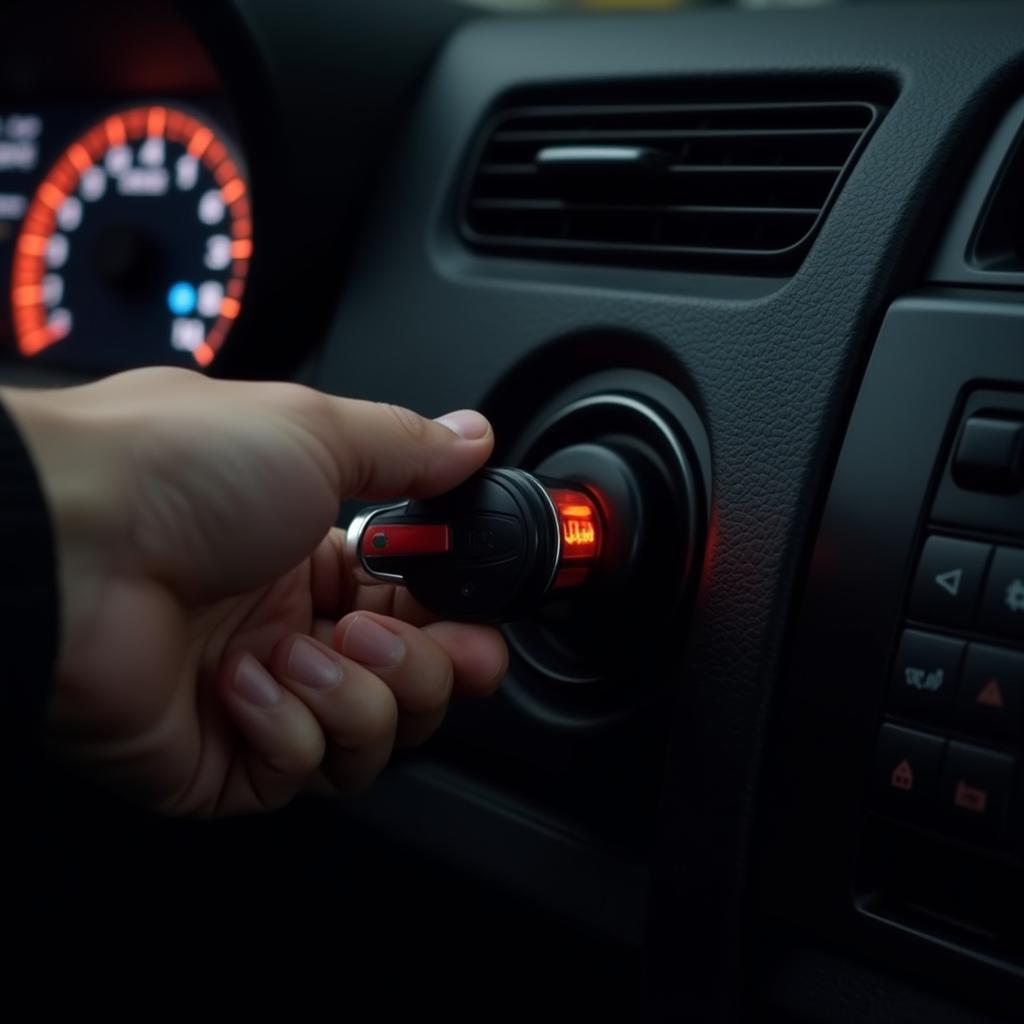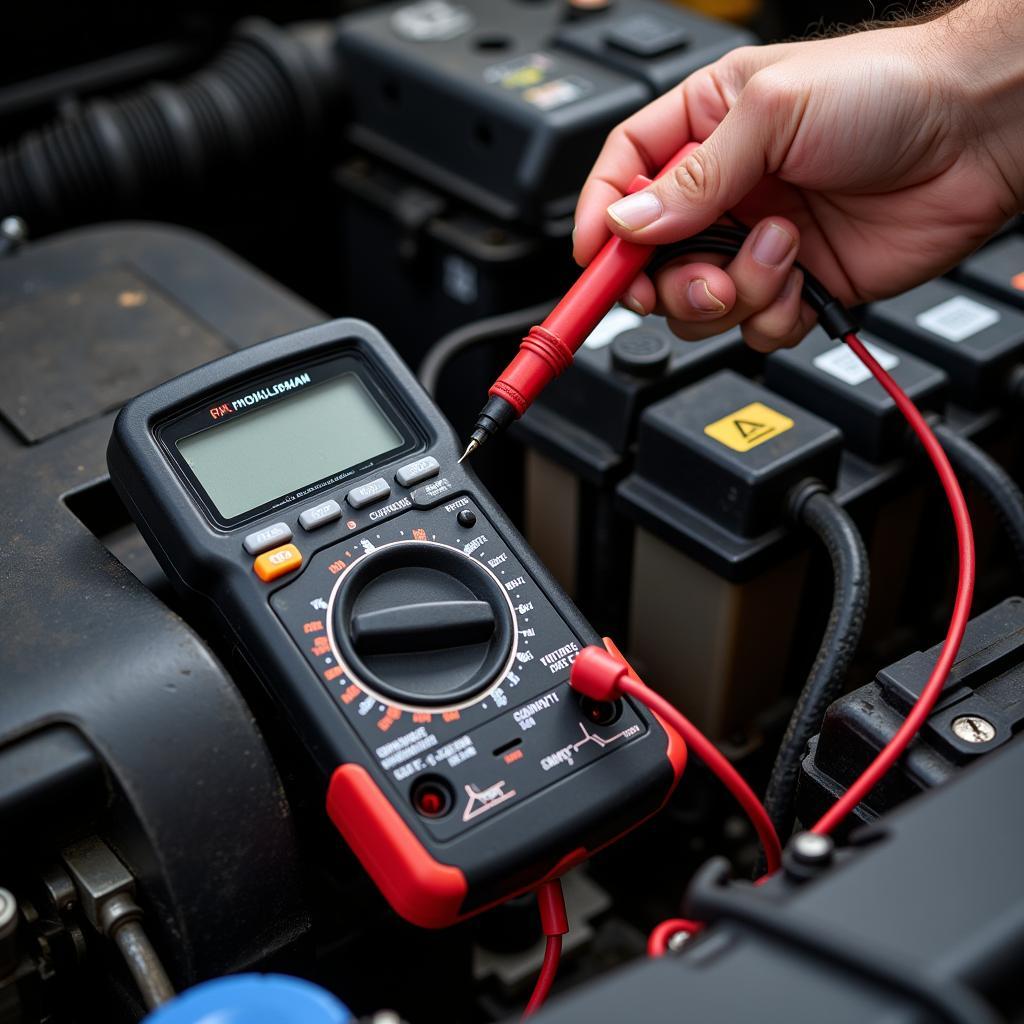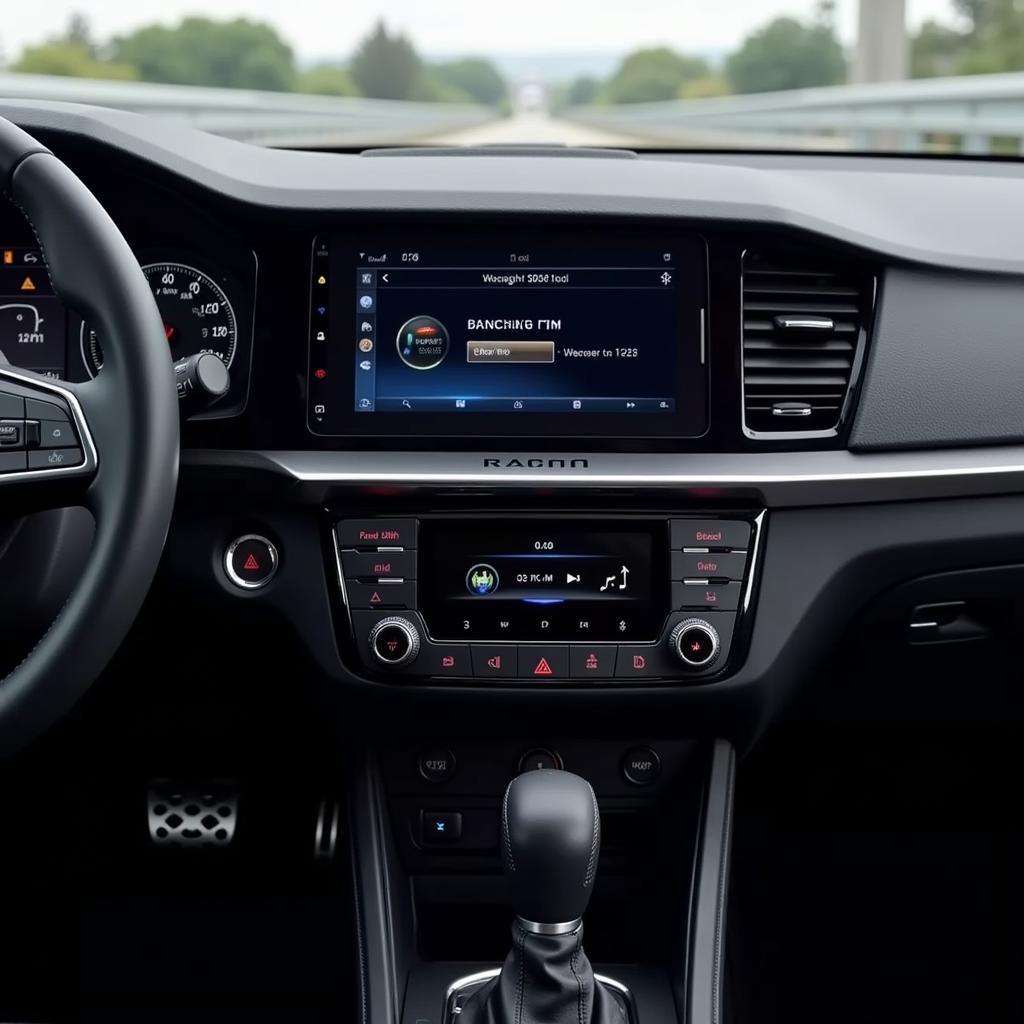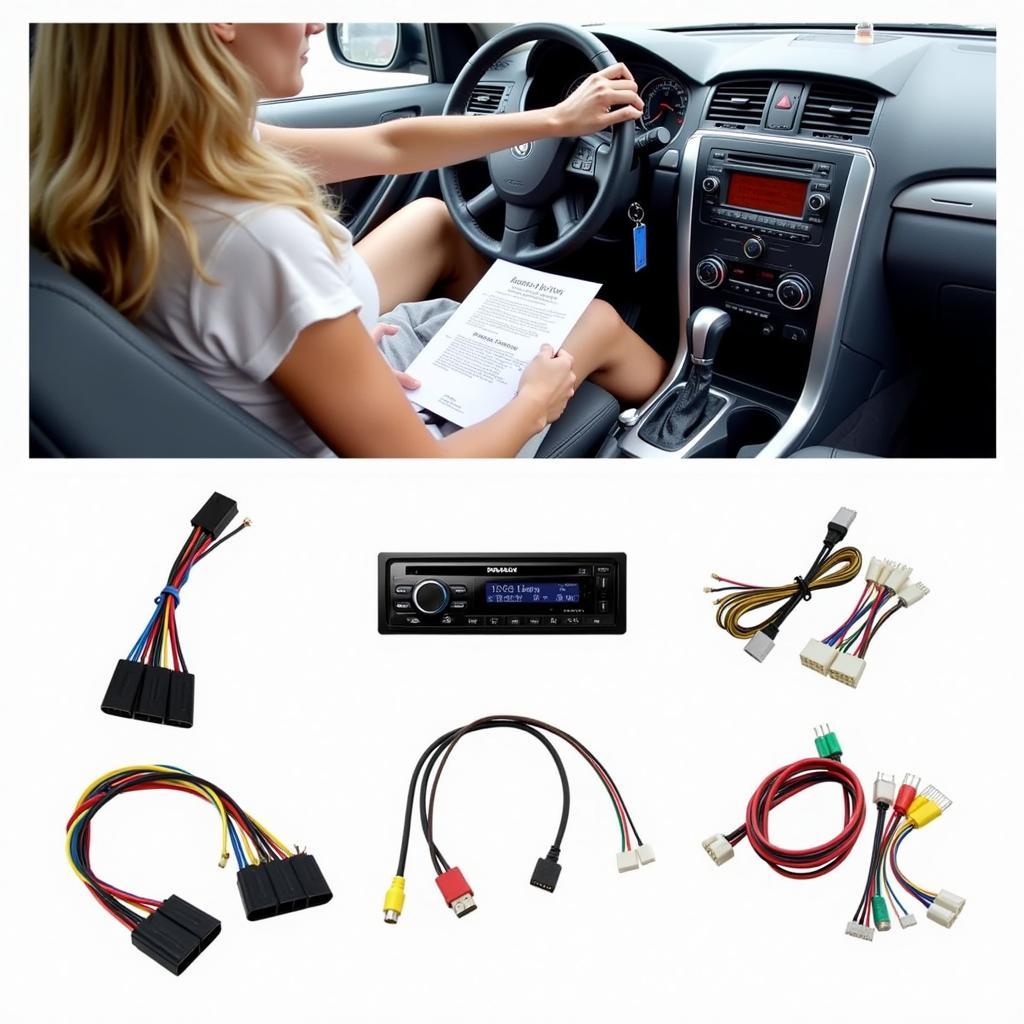A dead battery and a bad starter can both leave you stranded, but they manifest in different ways. Knowing the signs of a dead battery vs. starter is crucial for accurate diagnosis and repair. This article will explore the key differences to help you identify the culprit and get back on the road.
Key Differences Between a Dead Battery and a Bad Starter
While both a dead battery and a bad starter can prevent your car from starting, several telltale signs can help you differentiate between the two. Understanding these differences will save you time and potentially money on unnecessary repairs.
Signs of a Dead Battery
A dead battery often exhibits several warning signs before completely giving out. These include:
- Dim headlights: One of the earliest signs is noticeably dimmer headlights, especially when idling.
- Slow cranking: The engine cranks slowly or struggles to turn over, accompanied by a clicking sound.
- Electrical issues: Interior lights may be dim, the radio may have trouble powering on, and power windows may operate slowly or not at all.
- Dashboard warning lights: The battery or check engine light might illuminate.
- Clicking sound when turning the key: This is a classic sign of a dead battery, indicating insufficient power to engage the starter.
 Dead Battery Symptoms: Clicking Sound When Turning Key
Dead Battery Symptoms: Clicking Sound When Turning Key
Similar to bad battery signs, these symptoms can help you identify the issue quickly.
Signs of a Bad Starter
Unlike a dead battery, a bad starter often presents itself with more distinct symptoms:
- Single click or no sound: When you turn the key, you might hear a single click, or nothing at all.
- Engine doesn’t crank: The engine doesn’t turn over despite the battery having sufficient power.
- Freewheeling: The starter engages but fails to crank the engine, resulting in a whirring or grinding noise.
- Smoke: In some cases, a faulty starter can produce smoke due to electrical issues.
- Intermittent starting problems: The car might start fine sometimes and then fail to start on other occasions, indicating a failing starter.
“A common misconception is that a clicking sound always indicates a dead battery,” says John Smith, Lead Automotive Technician at Smith Auto Repair. “However, a single click, especially with no other electrical issues, often points towards a bad starter.”
This issue has similarities with battery bad or alternator in that it can cause starting problems, however, the underlying causes are different.
Testing Your Battery and Starter
Several tests can confirm whether your battery or starter is the culprit:
- Jump-starting: If the car starts after a jump-start, it often suggests a dead battery. However, it doesn’t completely rule out a bad starter.
- Battery voltage test: Using a multimeter, check the battery voltage. A reading below 12.6 volts indicates a low charge.
- Starter test: A mechanic can perform a starter test to confirm its functionality.
- Visual inspection: Look for loose connections or corrosion on the battery terminals and starter connections.
“Jump-starting can provide a temporary solution for a dead battery, but it’s essential to have the battery tested and potentially replaced,” advises Jane Doe, Electrical Systems Specialist at Doe Auto Electric. “Similarly, a bad starter needs immediate attention to avoid being stranded.”
 Testing Battery and Starter With a Multimeter
Testing Battery and Starter With a Multimeter
Just like jumping a bad battery, knowing how to test your starter can also be helpful. It’s important to note that bad battery vs bad starter diagnosis often requires careful examination. Finally, understanding alternator vs battery failure can also help in a broader diagnosis of your starting problems.
Conclusion
Distinguishing between the signs of a dead battery vs. a bad starter is essential for efficient car maintenance. By recognizing the specific symptoms outlined in this article, you can quickly diagnose the problem and take the appropriate action, whether it’s jump-starting your car, replacing the battery, or having a mechanic inspect the starter.
FAQ
-
Can a bad starter drain the battery? Yes, a faulty starter can continuously draw power from the battery, eventually draining it.
-
How long does a car starter last? A car starter typically lasts between 5 to 10 years, depending on usage and driving conditions.
-
Can I replace a car starter myself? Replacing a starter can be a complex task, and it’s often best left to a qualified mechanic.
-
What is the average cost to replace a car starter? The average cost to replace a starter can range from $300 to $800, depending on the make and model of your car.
-
How can I prevent starter problems? Regular car maintenance, including battery checks and inspections of electrical connections, can help prevent starter issues.
-
Can extreme temperatures affect the starter? Yes, extreme cold or heat can put additional stress on the starter motor, potentially shortening its lifespan.
-
What should I do if my car won’t start? If your car won’t start, try jump-starting it. If that doesn’t work, consult a qualified mechanic to diagnose the problem.



